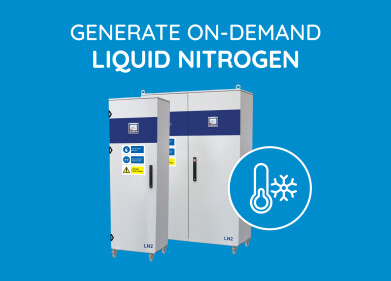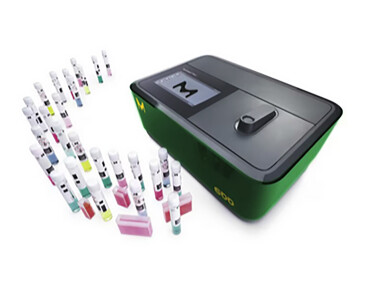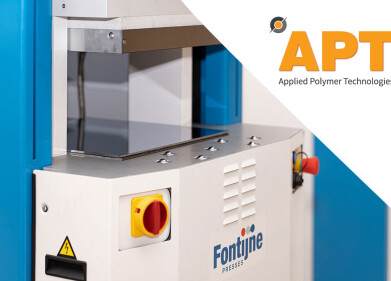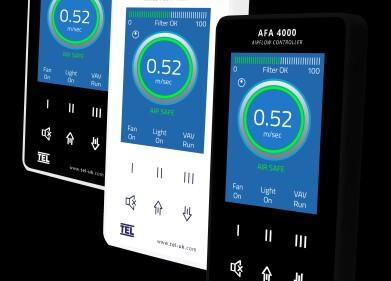Laboratory products
Superior Sample Prep for Next-Generation Sequencing
Feb 23 2010
Fluidigm Europe has announced a new integrated fluidic circuit (IFC) – called the Access Array - specifically designed to support high-throughput re-sequencing, targeted enrichment, sample barcoding, and library preparation for sequencing using amplicon tagging. The Access Array IFC complements Fluidigm’s SlingShot™ Sample Quantitation Kit that together provide researchers with a complete front-end Next-Gen Library preparation solution.
Fluidigm’s new Access Array is the first IFC that features the ability to harvest the sample out of the chip. Once the sample processing has been completed in the chip it automatically returns the sample to the inlets where they can be easily extracted and placed into a quantitation step and readied for sequencing. Fluidigm also announced an Early Access Programme For Access Arrays where researchers can submit a proposal
describing how the new chip would help their next-generation library sample preparation efforts. Winners will have Fluidigm ‘do the work for them’ for free. The Access Array System, which consists of IFCs, instruments and software, is the first IFC product that allows next-generation sequencing users to automatically prepare their libraries and tag them with unique barcodes to allow multiplex sequencing.
Up-to-now, large sample studies have been too expensive and labour-intensive to be performed on next generation sequencers effectively and efficiently. Fluidigm’s Access Array System allows researchers to target specific areas of interest to be enriched and barcoded so that a large number of samples can be sequenced at the same time.
Fluidigm’s new Access Array IFC can process 48 samples against 48 amplicons (primer pairs) providing 2,304 independent reactions at a time. Only six steps are required to get the results from these thousands of experiments. Because of the Access Array chip’s ultra-tiny microfluidic reaction chambers the chip minimises reagent consumption and costs. Operator time is reduced six-fold when compared with conventional methods.
Digital Edition
Lab Asia 31.6 Dec 2024
December 2024
Chromatography Articles - Sustainable chromatography: Embracing software for greener methods Mass Spectrometry & Spectroscopy Articles - Solving industry challenges for phosphorus containi...
View all digital editions
Events
Jan 22 2025 Tokyo, Japan
Jan 22 2025 Birmingham, UK
Jan 25 2025 San Diego, CA, USA
Jan 27 2025 Dubai, UAE
Jan 29 2025 Tokyo, Japan



















